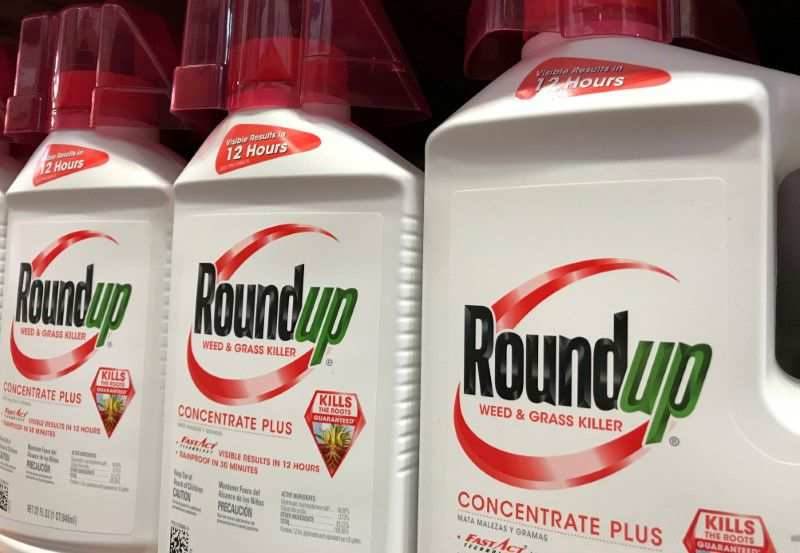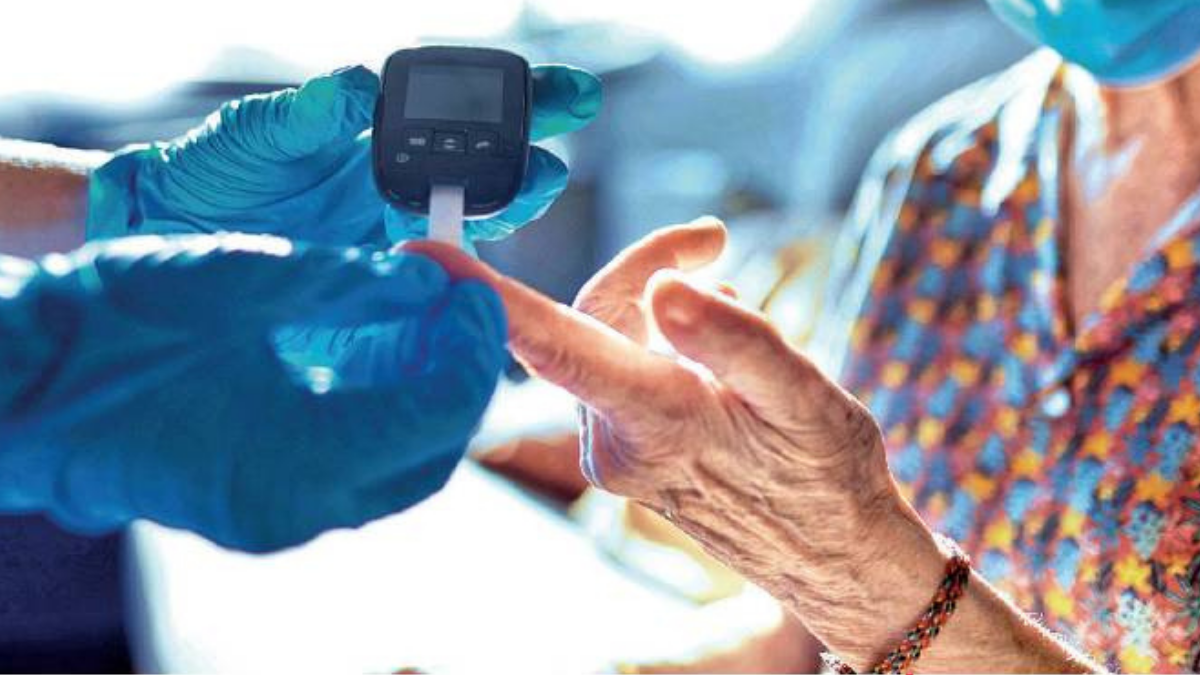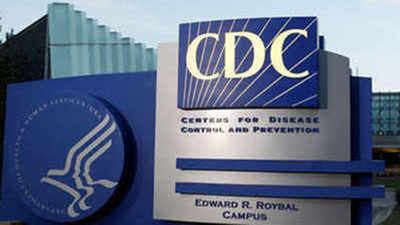11
Reliability of Davidson Body to Determine the Nuclear Sex ofthe Individual: Interobserver variability between pathologists
Basavaraj P Bommanahalli*, Chandrashekar M*, Shashikala P**, Vijayakumar B Jatti***
*Assistant Professor, **Professor & Head, Dept. of Pathology, SSIMS & RC, Davangere, ***Assistant Professor, Dept. of ForensicMedicine, SSIMS & RC, Davangere, Karnataka
Abstract
Determination of the sex of the individual has greatmedicolegal importance to solve many criminal and civilproblems. But, identifying the sex of hermaphrodites,pseudohermaphrodites, concealed sex and body in advancedstate of putrefaction or mutilation, might be difficult. Where,determination of the genetic or nuclear sex by identifyingDavidson body in neutrophils would solve issues. Thus, our studyaimed to identify the sex of individual by screening neutrophilsfor the percentage of Davidson bodies and to check interobservervariability.Peripheral blood smears of 200 subjects (a range of 1 yr to90 yr) were studied by two pathologists. The pathologists wereunaware of sex of the subjects. Smears were well made andstained with leishman stain. Percentage of Davidson bodies wasrecorded separately in all cases by both the pathologists. Later,the observation was correlated with sex. Interobserverconcordance was calculated by Kendall’s tau test. One wayANOVA test was used to find out relation between age andnumber of barr bodies. Davidson bodies were not seen in 103cases and these individuals were phenotypically males. All (97)the females showed Davidson body (mean of 3.7% and 3.6% asobservation made by pathologist I & II respectively). Findings ofboth the pathologists were concordant in determining thepresence or absence of Davidson body. Age had no influence onthe number of barr bodies. In conclusion, identification ofDavidson body in the neutrophil is very simple, cost effectiveand rapid method to determine the genetic sex of the individual
 San Francisco: German pharmaceutical and
San Francisco: German pharmaceutical and 

 New
New